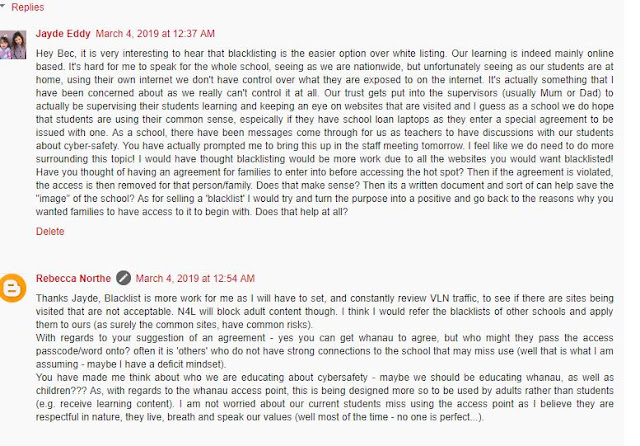Week 19
How to Critically Evaluate Your Resources
In your research essay, you should analyse and evaluate the resources that are relevant to your topic area.
There are extra annotations added to provide indications on how to analyze and evaluate a research publication, and how to extract the key information from the viewpoint of the literature review. For instance, getting an overview from the Abstract, critically analyzing numerical data, linking the article content with potential themes, recording key references cited in the article, taking notes of your evaluation and possible further analysis on specific content when writing the essay.
- Are there clearly stated research questions?
- Does the article explain why the topic is important?
- Is the research design and methodology described? Does it seem appropriate for the area of study?
- What is the data analysis like? Are the results clearly explained?
- What are the conclusions? Are they a reasonable reflection of the data analysis?
Skip Methodology and Lit Review, Results when reading articles.
Organising and Synthesising Your Sources With a Matrix
Synthesizing the sources is relevant to criterion 2 (“Critically engage with a range of literature about the identified research topic by summarising the key ideas and then comparing/contrasting how literature addresses the topic”) in the rubric. The themes can then be discussed in the main sections of the research essay as shown in the template.
You might quickly realise that you need to locate and read more to find new viewpoints to compare and contrast under each subtheme.
Comparing or Contrasting the Literature
When you are critically evaluating research publications, you should note the common information/ideas discussed across the literature which could be a theme in your essay.
Checking Your Assumptions
Now that you have summarised, synthesized, and compared or contrasted the literature that’s relevant to your Inquiry’s area(s) of focus, you would now be more research-informed to check your previous assumption(s) or ‘hunches’ about the topic of interest. This all relates to criterion 3 in the RESEARCH 1(‘Argue how your insights gained from the literature address the current needs of your community’).
You need to discuss the insights from the analysed literature in your research essay as shown in the template. Answering these questions in section 4 could help you to meet criterion 3 of the rubric:
- What are the similarities and differences between your prior knowledge (assumptions) and the literature?
- Similarities- that there would be a positive impact on engagement
- Differences- distance learning did have some positive impact but the face to face classrooms had more sue to the contact that was needed that boosted motivation
- To what extent do these similarities/differences inform your Inquiry?
- it has informed my inquiry as I will need to bear in mind that my distance students will need the motivation to engage and whether this is making home visits or getting them into the office may have to happen more often.
- How do the insights gained from checking your assumption(s) address the current needs of your community? For example, can the approaches discussed in the literature be applied to meeting your community’s current needs?
- yes it can be applied to my communtity.
Tino Rangatiratanga - the self-determination principle: To what extent is your hunch different from (or similar to) the literature in how the area of focus helps the students/whānau to get meaningful control over the student’s learning and cultural well-being?
My hunch is that gamification is going to have a positive impact on my distance student's engagement. The research that I am finding so far does support this "hunch" however because my students are not in a normal face to face class, distance learning will add more variables that could impact on the student's engagement. I think that using gamification will put the control back to being the student's responsibility and as Class Dojo has a parent login, they will also be able to monitor and be involved in their students learning.
Ako - a teaching and learning relationship: How is your hunch different from (or similar to) the literature regarding the perspectives of people other than the teachers on the area of focus?
I think that my "hunch" is similar to the perspectives that gamification will have a positive impact on my students. The literature has found that the paticipants engaged once gamification was introduced.

Comments
Post a Comment